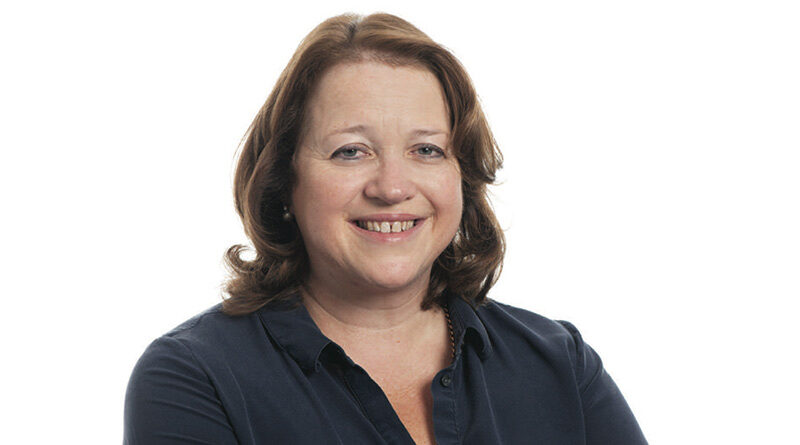The Latest On Mandatory Vaccinations
By Emma Burrows, Partner and head of Employment at Trowers & Hamlins (www.trowers.com)
From 11 November CQC registered care homes will only be able to use staff to provide care who can prove that they’ve had two doses of the COVID-19 vaccine (or are medically exempt). As this date draws closer questions are being asked about the impact of this policy on the provision of care services, with Unison calling for the mandatory requirement to be scrapped to avoid the sector facing “catastrophic staff short- ages”.
Two care workers are currently seeking judicial review of the require- ment. They want the courts to quash the mandatory vaccinations regu- lations null and void. The judicial review application was presented on 9 September and, as it is likely that permission for the application to go ahead and the substantive arguments will be considered together as part of an expedited hearing, the issue should be resolved over the next few weeks.
In the meantime care home operators not only face a potential staffing crisis on 11 November; they are also receiving grievances and whistleblowing complaints from staff who object to have the vaccine. In order to be fully vaccinated by 11 November, the last day by which care staff should have had their first vaccination dose (16 September) has already passed so there will already be some employees who will not meet the double vaccination requirement by the designated time- frame.
All grievances and whistleblowing complaints should be dealt with properly to minimise the risk of successful tribunal claims. The main complaint is generally that the requirement to be vaccinated is discriminatory and against human rights. A mandatory vaccination policy can be justified on the grounds that it is a legal obligation to have one, but employers must still use a fair process to deal with the staffing issues.
The CQC expects providers to have read and acted on the Department for Health and Social Security (DHSC) operational guidance. Care providers should take the time to discuss any concerns that staff have and actively encourage them to have the vaccine, explaining the consequences of them not doing so. It’s also worth considering paid or unpaid leave for those who demonstrate their intention to get fully vaccinated, but who will not have completed the full course by 11 November. CQC has stated that it will take a proportionate approach in monitoring compliance so it’s sensible to take reasonable steps.
Keeping on top of the DHSC guidance being issued is key. Just last week a temporary solution was put in place for people engaged in care homes to self-certify that they meet the medical exemption criteria. Time-limited exemptions are also available for pregnant women should they choose to take it (this is interesting given that there is no evidence that the vaccine is unsafe for those who are pregnant) and those who have received a COVID-19 vaccination abroad. The self-certification form can be used on a temporary basis prior to the launch of the NHS COVID Pass system. Once this has launched a formal medical exemption will need to be applied for and any self-certification will expire after 12 weeks.
Care providers are concerned that some of their staff might abuse the process by self-certifying that they are exempt in order to remain in employment. While this may happen, it’s worth noting that the form makes it clear that the person signing it acknowledges that providing false information may result in disciplinary action. Care providers should make it clear that this will be a disciplinary issue which could result in dismissal.
The government issued a consultation earlier this month which looks at whether the mandatory vaccination requirement should be extended to all frontline workers in health and social care settings in England. This may extend to services providing extra care and supported housing, and under 18s who are deployed to undertake direct treatment or personal care as part of a CQC regulated activity. The consultation also asks whether the flu jab should also be made mandatory; recent research has shown that people infected with both flu and COVID-19 are more than twice as likely to die as someone with COVID-19 alone. The consultation closes on 22 October so there’s a month or so to get your responses in.

